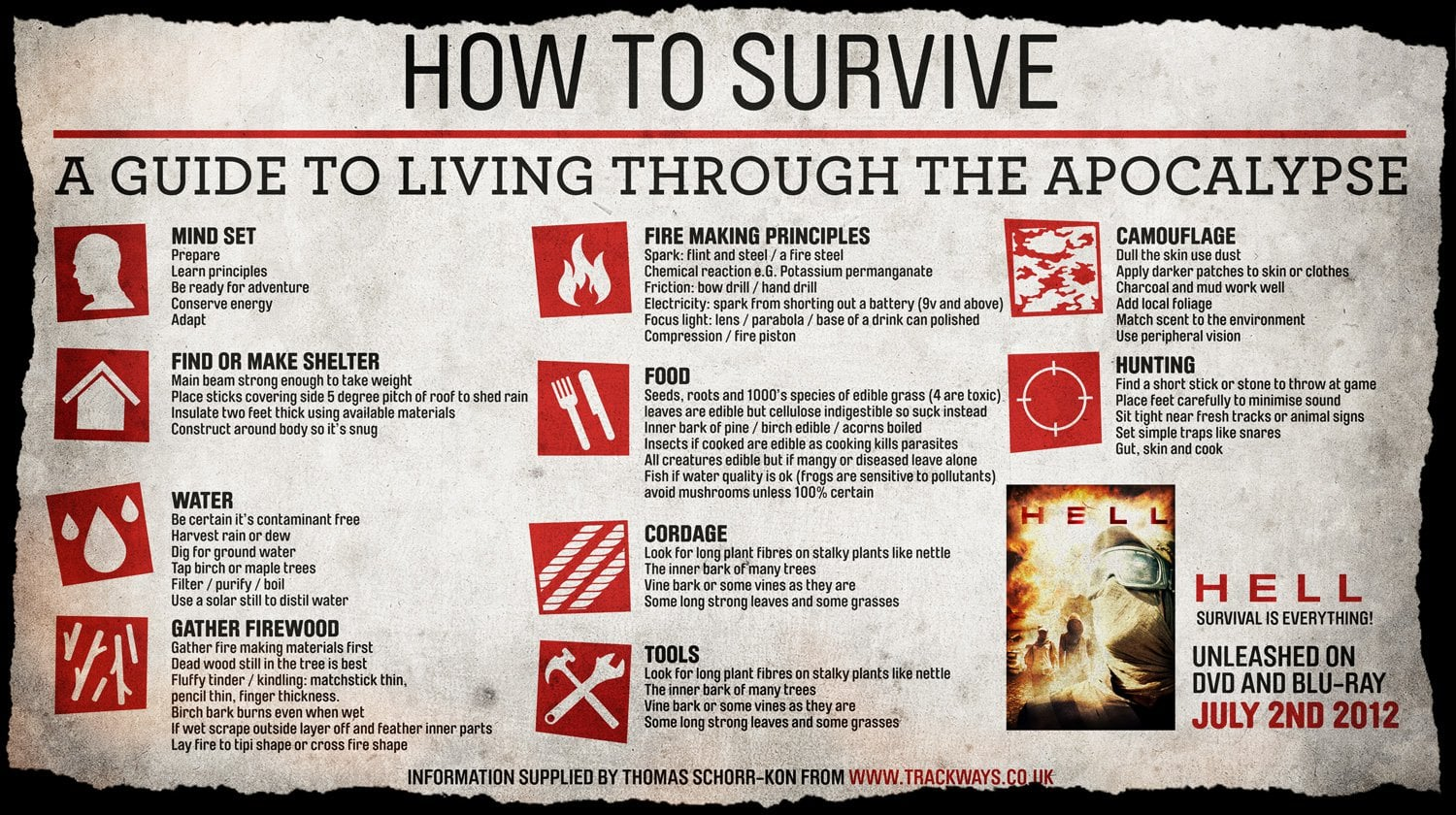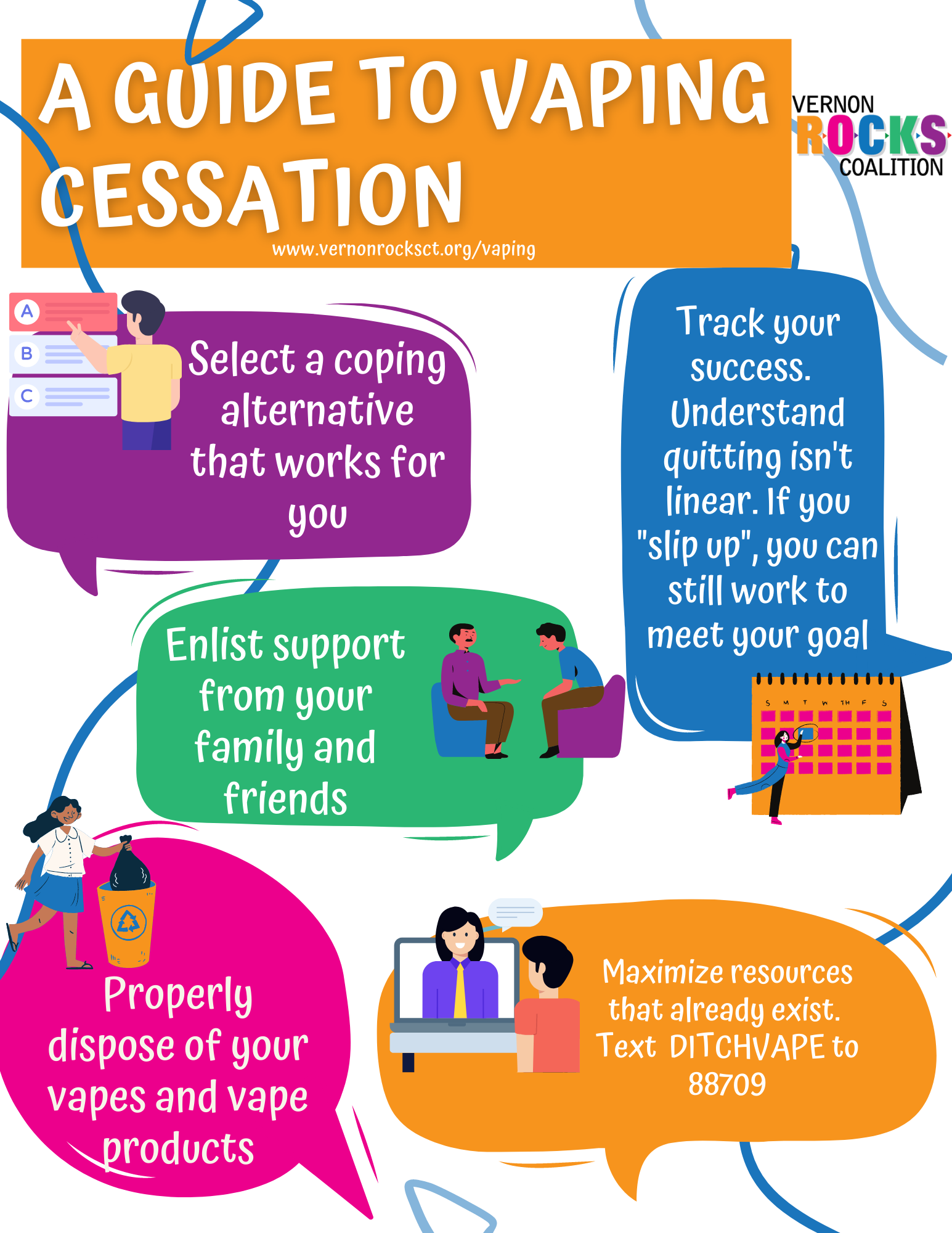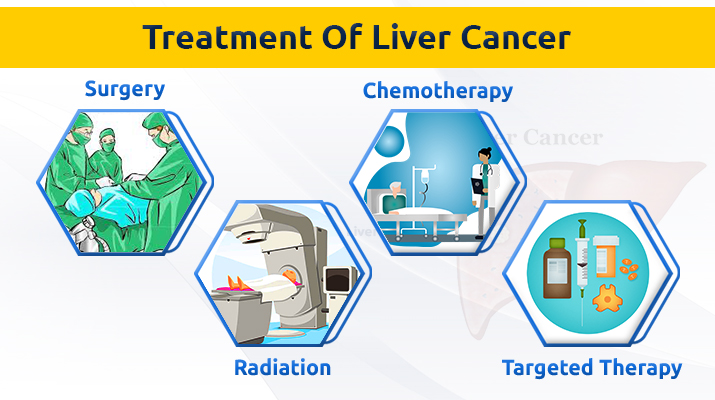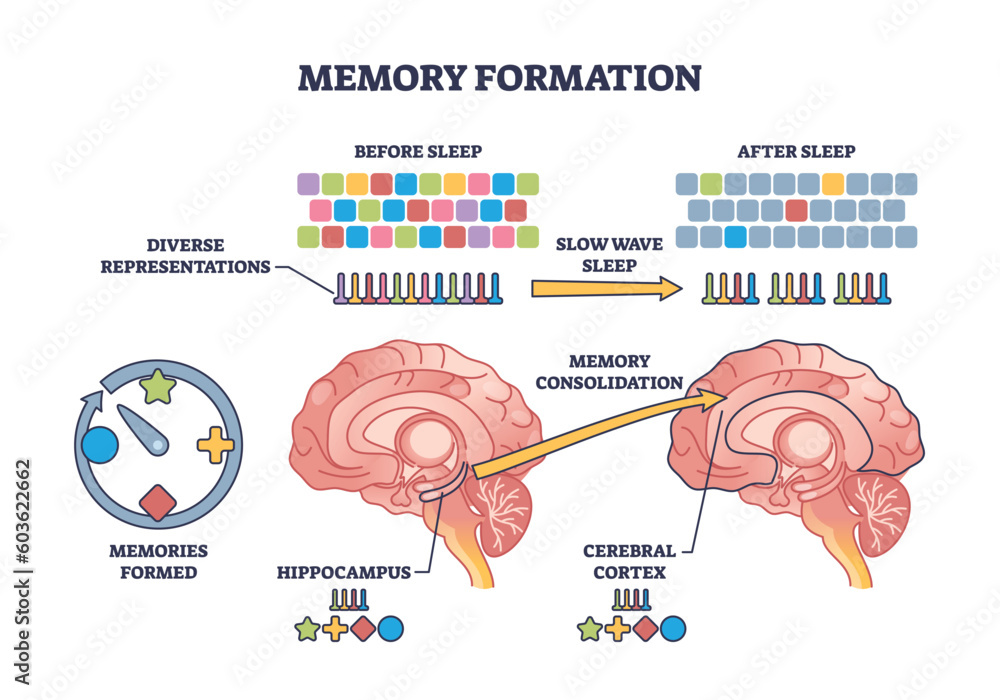In today’s uncertain world, knowing how to manage stress during an apocalypse is crucial for maintaining both physical and mental well-being. As the frequency of global crises such as pandemics and climate change intensifies, effective stress management techniques become imperative for apocalypse survival. Developing strong mental health during crises not only aids in personal resilience but also fosters community support, which is essential in times of chaos. This guide aims to explore practical strategies for assessing risks and embracing adventure while navigating the turbulent landscape of a potential apocalypse. By understanding the dynamics of stress and building a supportive network, you can equip yourself to face any challenge head-on.
Navigating through tumultuous times can feel overwhelming, especially when considering the various aspects of survival in crisis situations. Effectively handling anxiety during catastrophic events is a vital skill for any individual seeking to thrive amidst uncertainty. Exploring alternative approaches to stress mitigation, such as community engagement and risk analysis, can provide clarity in the fog of distress. Embracing collaborative efforts can foster a sense of belonging and enhance one’s overall mental health during crises. In the face of adversity, our ability to adapt and support one another will be key to overcoming the impending challenges that lie ahead.
Understanding Stress Management During an Apocalypse
In times of crisis, specifically during an apocalypse, managing stress becomes imperative for survival and mental well-being. The unpredictability of disasters—whether climate-related, technological, or health crises—carries an inherent burden of anxiety. Effective stress management strategies hinge on understanding the sources of stress and actively mitigating them. This can include identifying risk factors that could exacerbate mental strain, assessing situations with a clear head, and consciously choosing responses that promote calmness and resilience.
Psychologist Athena Aktipis outlines the importance of gathering accurate information as a foundational step in stress management during an apocalypse. By evaluating threats from multiple perspectives and utilizing various informational resources, individuals can reduce the fog of uncertainty that contributes to heightened anxiety. Active engagement in understanding what is truly threatening, as opposed to what is merely perceived as such, can significantly lower stress levels. This nuanced approach encourages individuals to focus on concrete actions that can mitigate risks, rather than succumbing to overwhelming feelings of dread.
Frequently Asked Questions
How can I effectively manage stress during an apocalypse?
Managing stress during an apocalypse involves gathering reliable information, identifying stressors, and focusing on community cooperation. Understanding what to worry about—and what not to—can significantly reduce anxiety. Engage with others to share perspectives and support, embracing a mindset that fosters resilience.
What are some stress management techniques suitable for crisis situations?
During an apocalypse, effective stress management techniques include practicing mindfulness, engaging in community support, and developing risk assessment strategies. Mindfulness helps maintain focus amidst chaos, while community support provides emotional safety. Exploring adventure and curiosity can also enhance coping mechanisms.
Why is community support important for mental health during crises like an apocalypse?
Community support plays a vital role in mental health during apocalyptic scenarios by offering emotional resources, shared experiences, and collaborative problem-solving. These interactions help alleviate feelings of isolation and foster resilience, which is crucial for managing stress effectively.
How does risk assessment strategy help in managing stress during an apocalypse?
Implementing a solid risk assessment strategy helps prioritize threats, allowing individuals to focus on actionable solutions while reducing stress. By evaluating potential dangers and seeking diverse perspectives through conversations, one can discern what truly requires attention, thereby minimizing unnecessary anxiety.
What role does curiosity play in managing stress in apocalyptic situations?
Curiosity serves as a powerful tool for managing stress during an apocalypse by encouraging exploration and creativity. Engaging in curious activities can lead to new solutions, alleviate boredom, and foster joy, helping individuals maintain a positive mindset amid challenging circumstances.
What are some methods to sustain mental health during an apocalypse?
To sustain mental health during an apocalypse, integrate practices such as establishing routine, balancing work and play, nurturing social connections, and utilizing stress management techniques like mindfulness. Incorporating humor and storytelling can also provide emotional relief and a sense of normalcy.
How can adventure help in managing stress during an apocalypse?
Embracing adventure can combat stress during an apocalypse by breaking the monotony and stimulating creativity. Engaging in new experiences allows for distraction from overwhelming thoughts, promotes problem-solving skills, and can strengthen community bonds, essential for collective survival.
What is the CHESS framework and how does it relate to stress management during crises?
The CHESS framework—Curiosity, Humor, Entertaining, Storytelling, and Socializing—provides a holistic approach to stress management during apocalypses. By integrating these elements into daily activities, individuals can enhance their emotional well-being and foster strong social connections, which are crucial during crises.
How can understanding risk help in managing stress during an apocalypse?
Understanding risk involves critically evaluating potential threats and gathering information to avoid becoming overwhelmed by anxiety. By accurately assessing what deserves concern and what doesn’t, individuals are able to focus their energy on meaningful actions, easing stress during an apocalypse.
What mindset should I adopt to manage stress during an apocalypse?
Adopting a growth mindset focused on cooperation and resilience can significantly help in managing stress during an apocalypse. Viewing challenges as opportunities for learning and building connections within the community prepares individuals mentally and emotionally to navigate crises effectively.
| Key Point | Explanation |
|---|---|
| Cooperation and Community | Building strong social ties can offer emotional support and practical aid during crises. |
| Multiple Perspectives on Threats | Analyzing potential risks from diverse viewpoints helps in better decision-making. |
| Information Gathering | Determining what is worth your stress and attention through effective information sourcing. |
| Embracing Curiosity and Playfulness | Engaging in activities that bring joy can build resilience against stress. |
| Understanding Apocalypses as Opportunities | Viewing crises as chances to learn and adapt, rather than just threats. |
| Mutual Aid Systems | Fostering community support through systems of giving can fortify resilience. |
Summary
To manage stress during an apocalypse, it is crucial to cultivate a framework that builds resilience and understanding through community cooperation and proactive risk assessment. Considering the tumultuous times we face, Professor Athena Aktipis highlights the importance of gathering information, embracing diverse perspectives, and engaging in joy-inducing activities as means to navigate stress effectively. By transforming threats into opportunities for growth and mutual support, individuals can better prepare for the challenges of apocalyptic scenarios.




